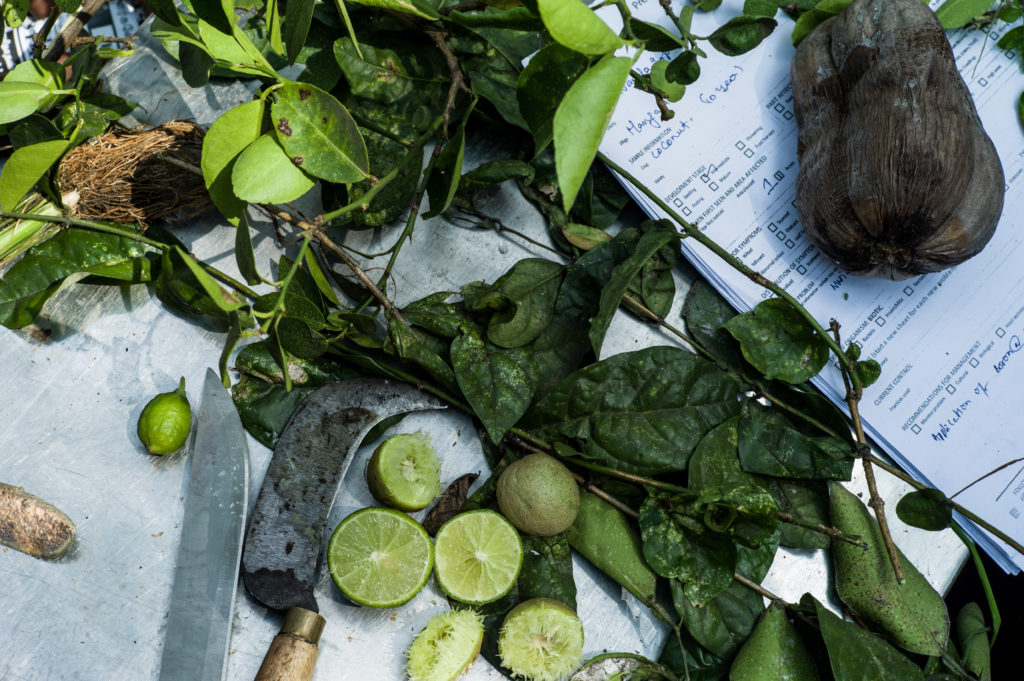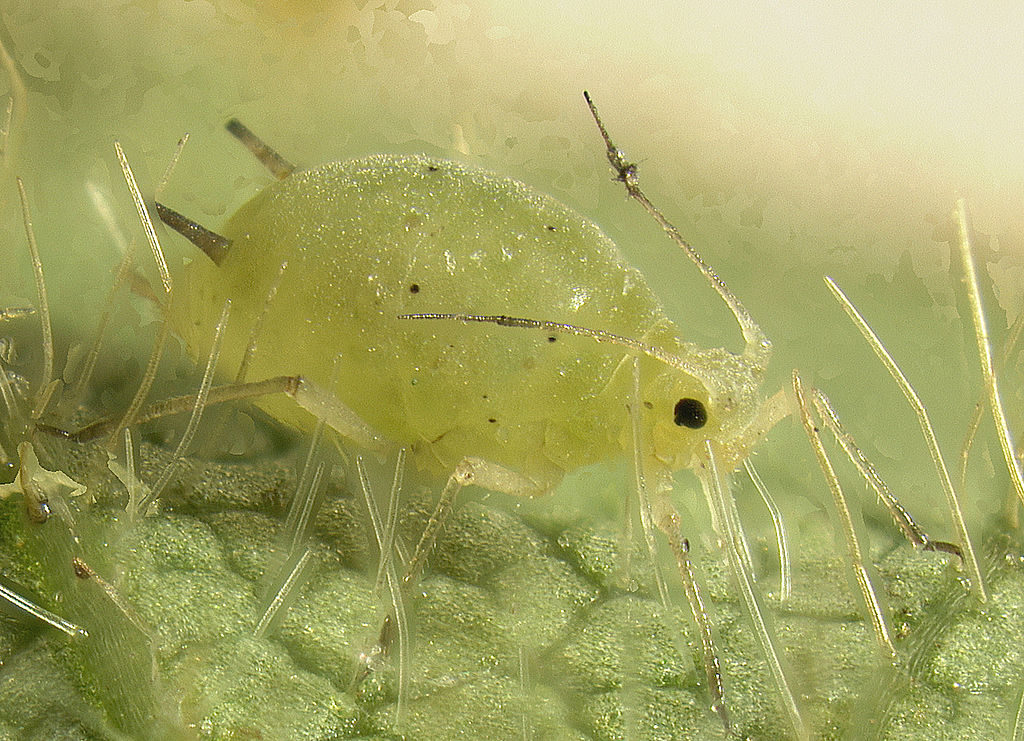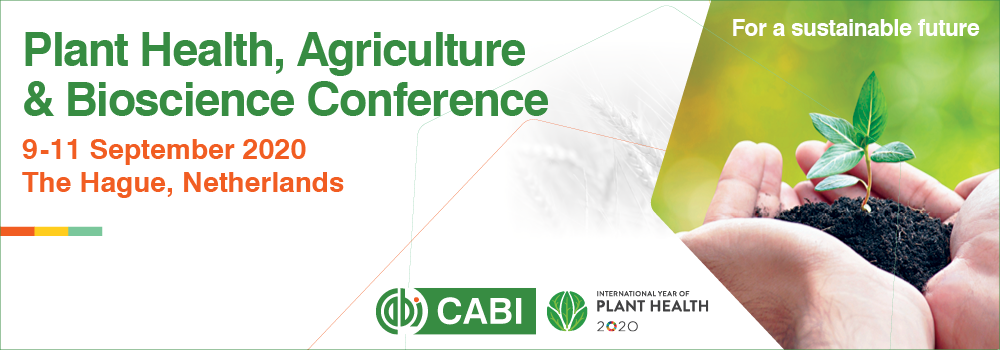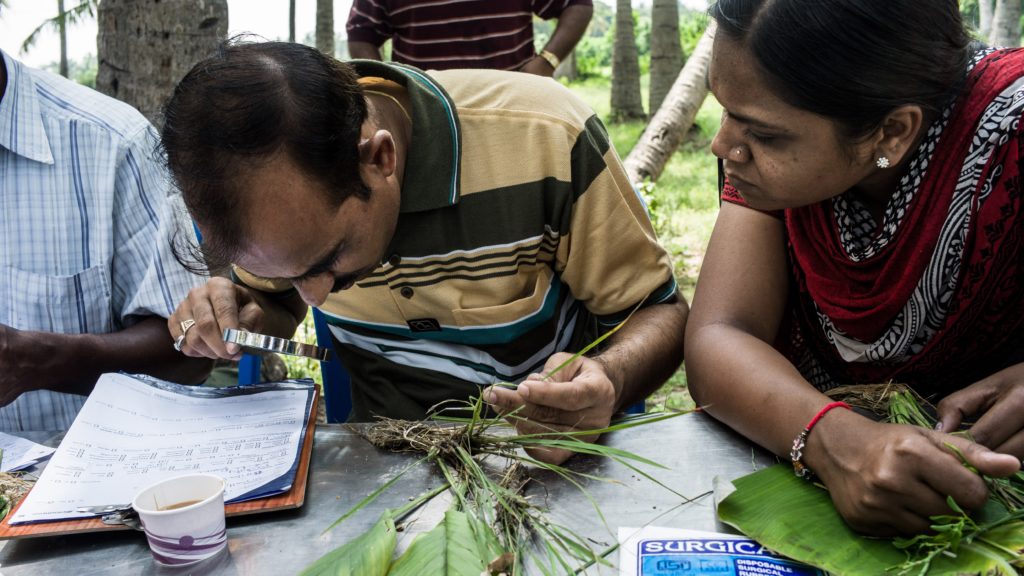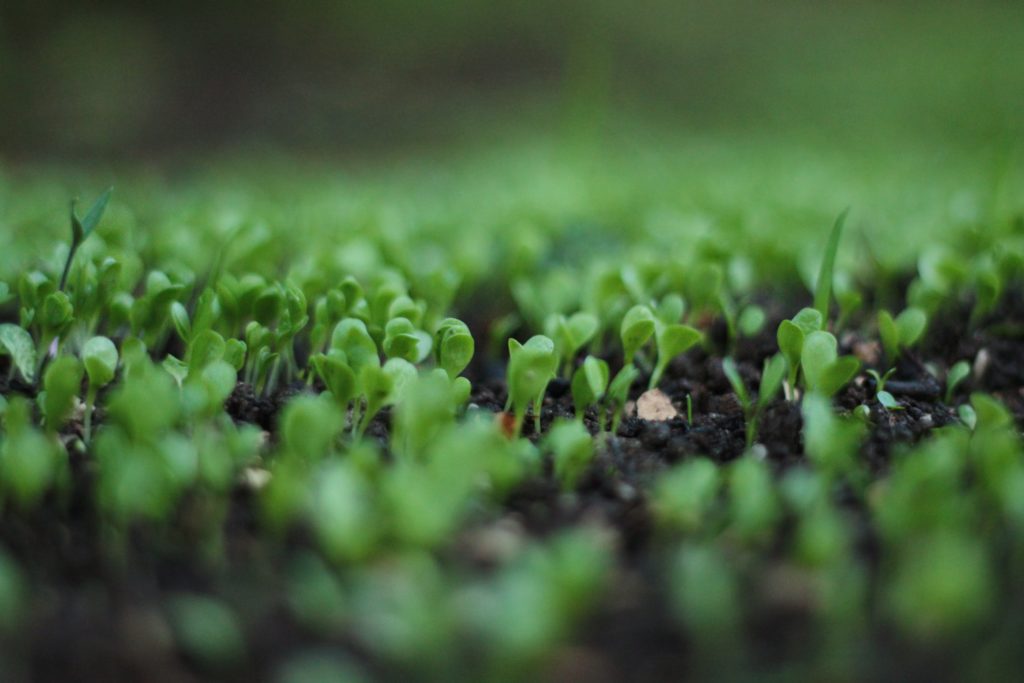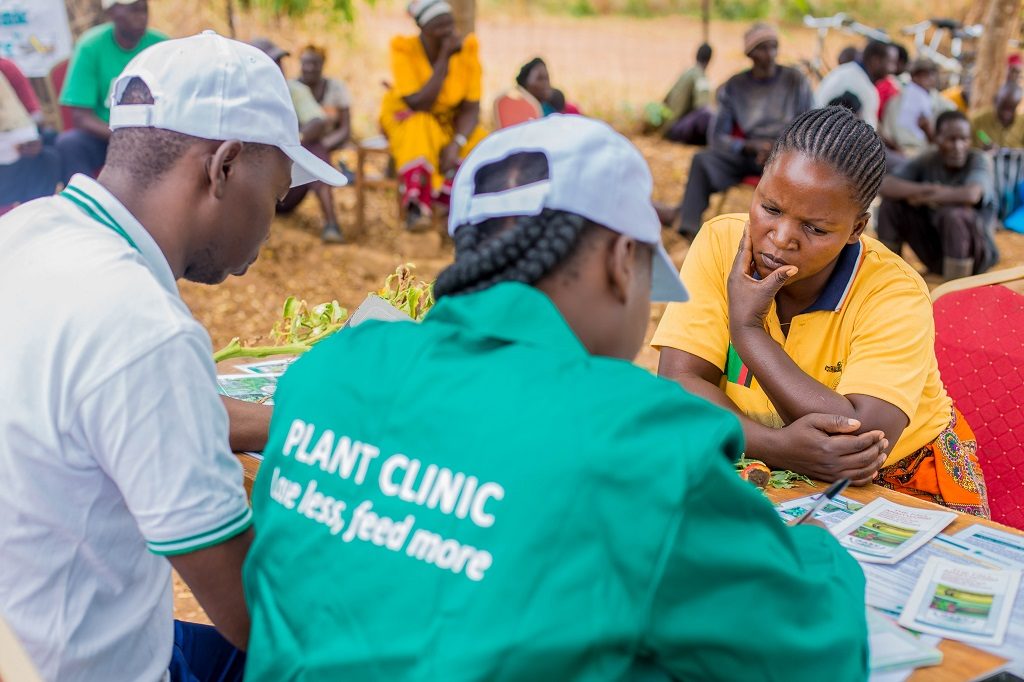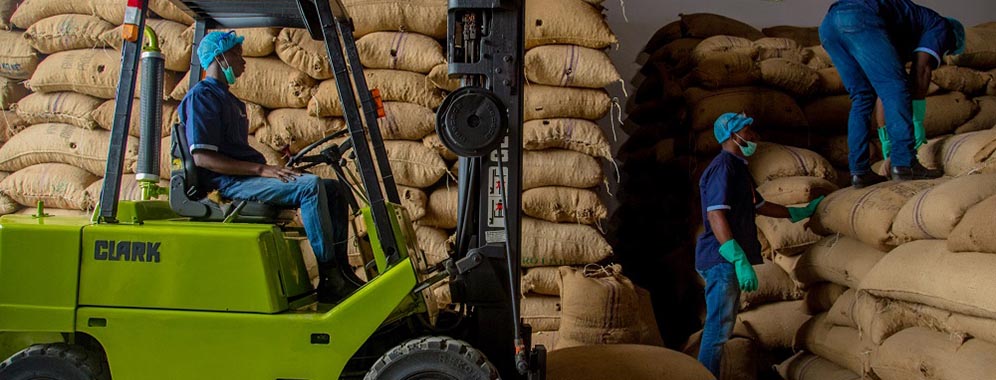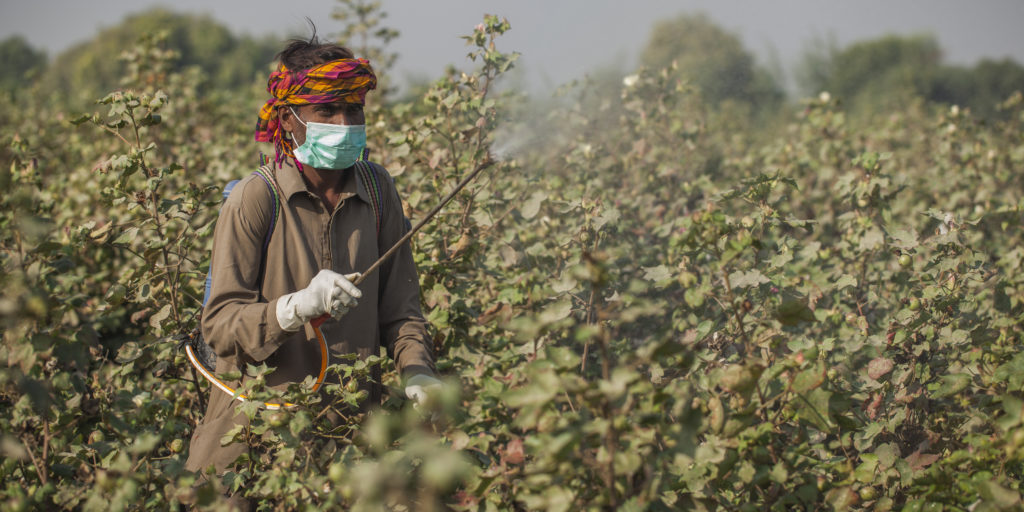Test your plant health knowledge
>> Latest quiz just added Plantwise plant doctors are at the heart of our plant clinic network providing advice and information to farmers, logging their data for the Plantwise Knowledge Bank, and always adapting to new outbreaks and technologies. Think you’ve got what it takes to be a plant doctor? Take our online plant health…
Plantwise and Syngenta Foundation India train rural youth to be agri-entrepreneurs
In August this year, Plantwise signed a partnership statement with Syngenta Foundation India (SFI) to collaborate on their flagship programme, Agri-Entrepreneur Enterprise. Under the programme, mentors who support agri-entrepreneurs – known as AEs – in achieving a sustainable enterprise form a fundamental part in capacity building. Plantwise and SFI collaborated on training the mentors who…
Improving water storage capacity in low-quality soils in sub-Saharan Africa
A recent study published by an international team of researchers has demonstrated how the use of novel water storage technology can improve soil conditions and promote crop production in low-quality sandy soil areas.
Update: New Pest & Disease Records (12 November 2019)
We’ve selected a few of the latest new geographic, host and species records for plant pests and diseases from CAB Abstracts. Records this month include reports on a species of aphid new to the Netherlands, the first records of Diaporthe gulyae, D. phaseolorum and D. eres in Russia and reports of a new defoliator species, Nematus…
Submit your plant health, agriculture or bioscience papers!
As many of our readers may be aware, the United Nations have declared 2020 as the International Year of Plant Health. CABI is pleased to announce that to promote a global conversation about plant health and the future of sustainable agriculture, we are organising a conference in collaboration with Koppert Biological Systems and Wageningen University…
Soil microbiome linked to disease resistance in crops
A recent study has unearthed the mystery of how plant disease resistance is linked to the soil microbiome. This new area of research will open up new possibilities for a more sustainable food production system and help combat global food security threats.
Plantwise impact – what have the last eight years taught us?
Eight years ago, in 2011, CABI launched its Plantwise programme, an ambitious endeavour, which has involved more than 200 partner organisations in 34 countries across Asia, Africa and the Americas since inception. Plantwise became CABI’s flagship programme and quickly caught a lot of attention due to its innovative, system-oriented approach to deliver practical plant health advice to smallholder farmers.
Nigerian farmers embrace technology to combat food insecurity
In Africa’s most populous country, Nigeria, food insecurity is on the rise; almost 8 per cent of the population was found to be undernourished in 2015, compared with 6 per cent in 2007, according to the World Bank’s development indicators.
Registration of red list chemicals halted in Pakistan thanks to Plantwise
Pakistan’s Department of Plant Protection (DPP) promotes the transition to sustainable crop protection systems. It promotes an integrated approach for crop protection policies and practices within the framework of Sustainable Food and Agriculture. Through a series of meetings with officials of DPP, CABI’s Plantwise team has urged the department to enforce the regulations to minimize…


